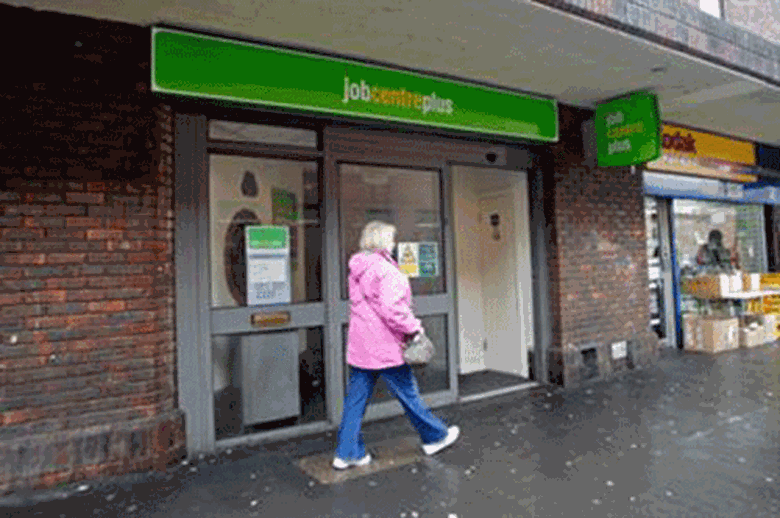Drop in number of children living in workless households
Neil Puffett
Wednesday, May 31, 2017
The number of children living in households where no parent has a job has fallen by 90,000, government statistics show.

Figures published by the Office for National Statistics show that as of March 2017 a total of 1,316,000 children under 16, which equates to 10.6 per cent of the age group, lived in a "workless household".
This compares with 1,406,000 in March 2016 - 11.5 per cent of children under 16. As a result of the fall, the number is now the lowest level since comparable records began.
The statistics also show that there are currently 3,787,000 children (30.6 per cent) in "mixed households", where one parent is working, and 7,256,000 (58.7 per cent) in households where both parents are working.
The statistics add to a complex picture on factors affecting child poverty.
Earlier this month it emerged that the number of households subject to the benefit cap has more than trebled in the space of four months.
As of February 2017, 66,135 households had their government benefits capped, a sharp rise of 46,039 from November 2016, when the total stood at 20,096.
The massive increase coincides with the amount of benefits that can be claimed each year being lowered from £26,000 a year to £23,000 within Greater London and £20,000 across the rest of the UK.
The Conservative Party has said that getting more people into work is central to its efforts to reduce child poverty.
"Employment is at a record high and we will continue to strive for full employment," the party's manifesto for next week's general election states.
"We will continue to run the welfare system in accordance with our belief that work is the best route out of poverty, that work should always pay, and that the system should be fair both to the people in need of support and those who pay for it."
Labour's manifesto points to the fact that the majority of children in poverty come from working families.
It has said it aims to tackle child poverty by producing a new child poverty strategy.




